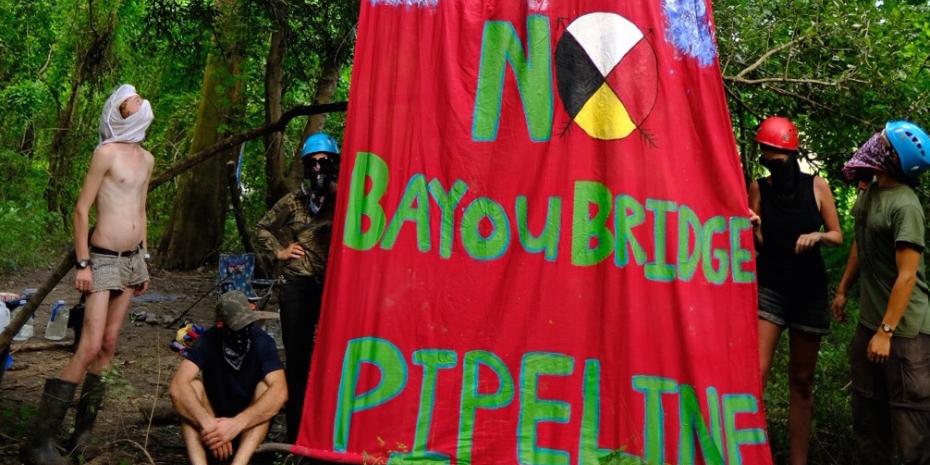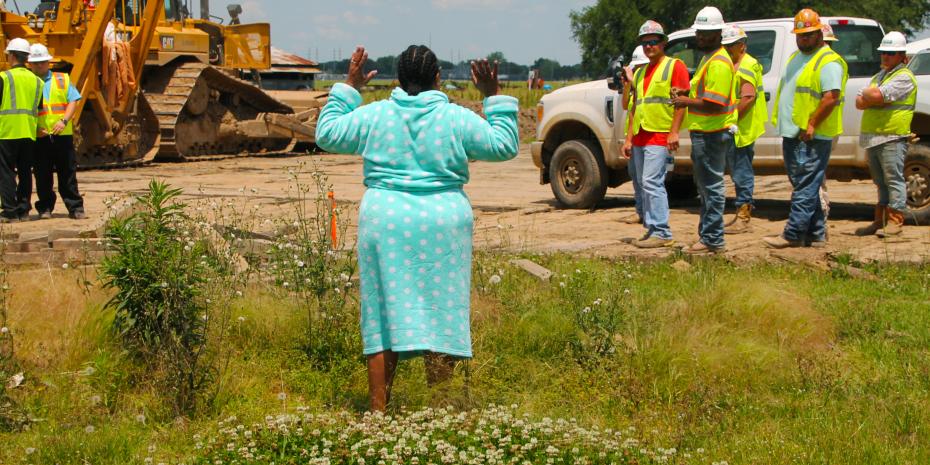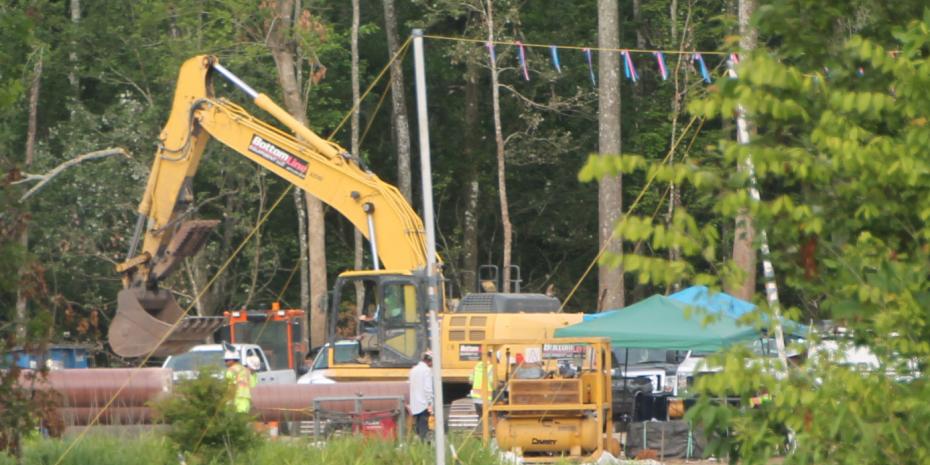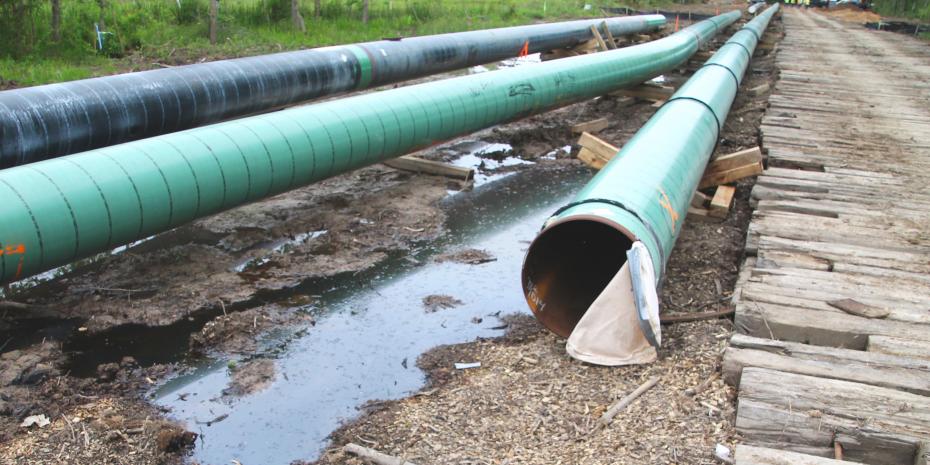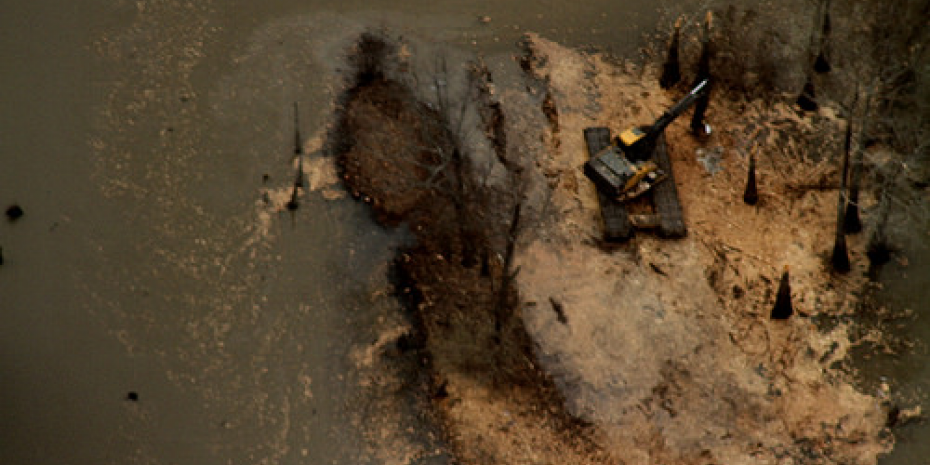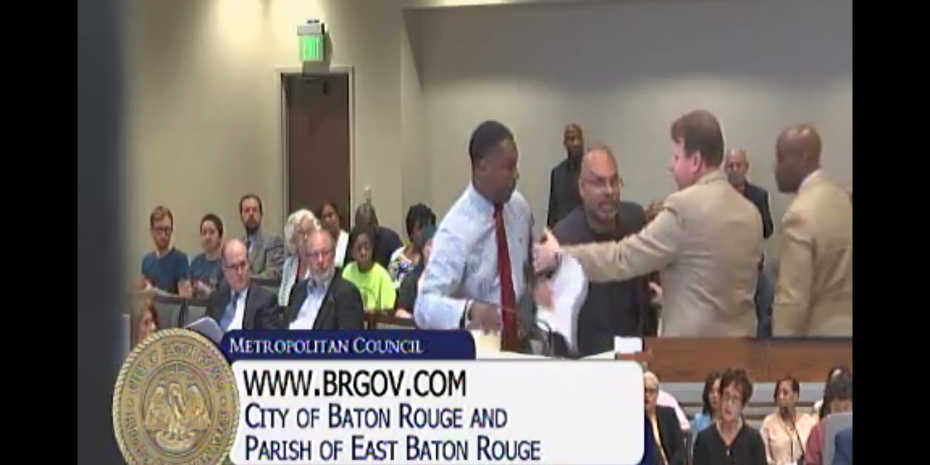Just days after learning charges would not be filed in the police killing of Alton Sterling, Baton Rouge resident Eugene Collins waited patiently to make a public comment.
When his turn came, he slowly and deliberately stepped to the podium to address the Metro Council.
“I oppose this item because on July…,” said Collins, who was interrupted by Baton Rouge Mayor Pro Tem Scott Wilson before he could say more.
“Take him out,” said Wilson without warning.
